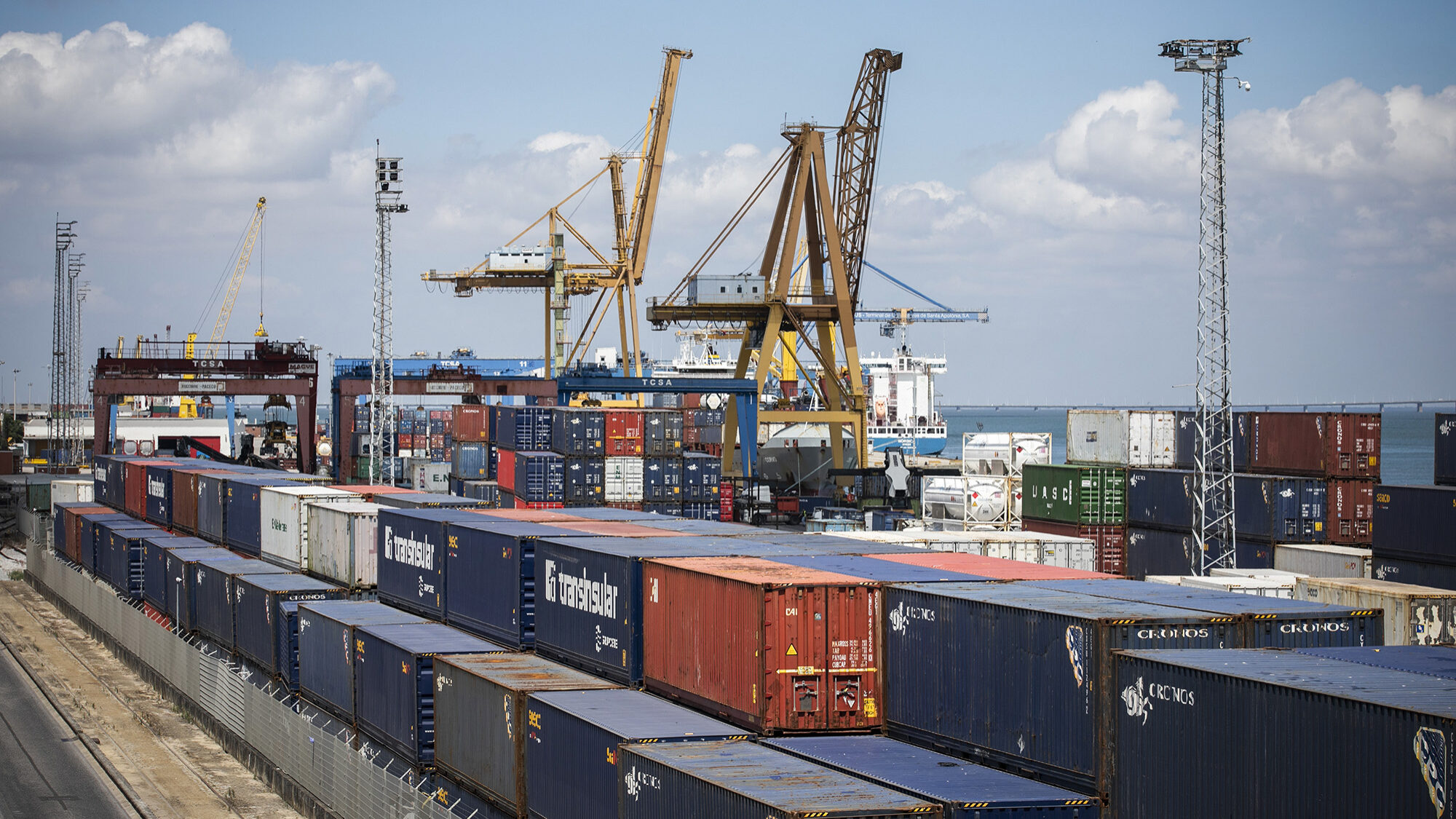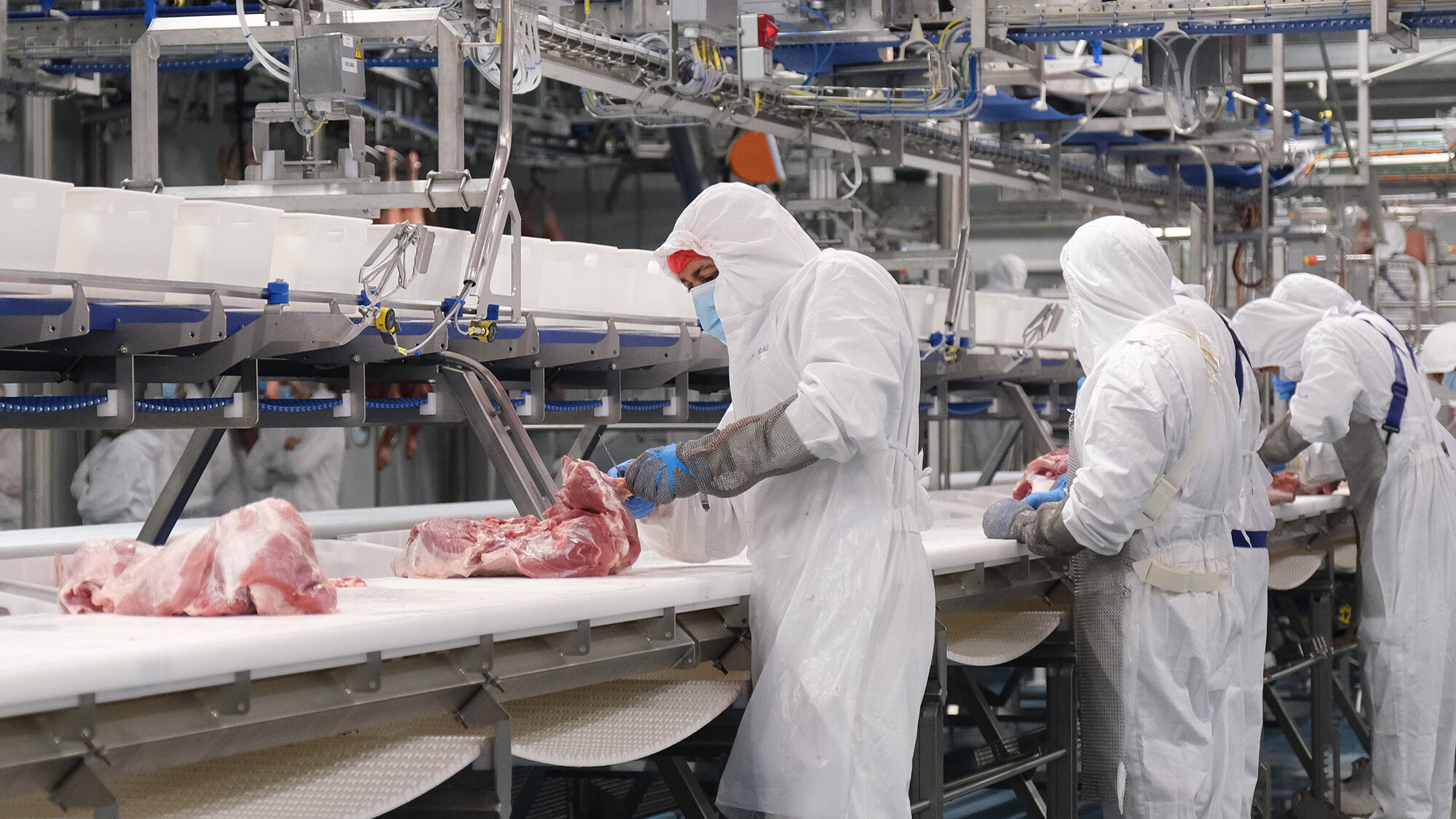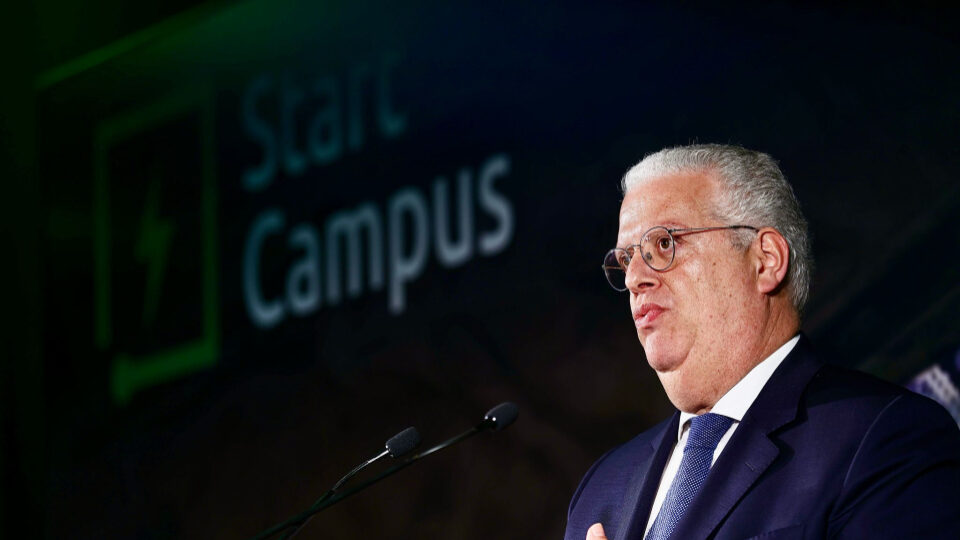“We see investors hitting the brakes”. Trump’s tariffs hit M&A in Portugal
The negotiation and due diligence processes are taking longer and there are no guarantees of success. Advisors have been supporting entrepreneurs on risk mitigation amid fear of tariffs impact.
It was hardly expected, but it has become undeniable: mergers and acquisitions (M&A) got off on the wrong foot in a year that was expected to see a recovery, due to the context of international uncertainty and the trade war that is no longer confined to the world’s two largest economies.
In Portugal, the transactional market is at three-year quarterly lows. In the first quarter of this year, there were 114 M&A transactions, which represents the lowest figure since the first three months of 2022 and a year-on-year drop of 32%. The value of deals involving national companies stood at 918 million euros, 71% less than in the first quarter of 2024.
The issue is no longer an “elephant in the room” in the advisors’ offices. “What we see in our day-to-day work, which is characterised by eminently transactional work with a strong cross-border component, is that although the year began with great optimism — and with the hope of an anticipated return to the “good times” of M&A — we have already seen some investors “putting on the brakes”, especially with regard to larger transactions (the so-called macro deals), which have some capital market component or which involve significant financing needs”, says Rafael Lucas Pires, coordinating partner of Corporate/M&A at Cuatrecasas.
The issue is no longer the “elephant in the room” in the advisors’ offices. “What we see in our day-to-day work, which is characterised by eminently transactional work with a strong cross-border component, is that although the year began with great optimism – and with the hope of an anticipated return to the “good times” of M&A — we have already seen some investors “putting on the brakes”, especially with regard to larger transactions (the so-called macro deals), which have some capital market component or which involve significant financing needs,” says Rafael Lucas Pires, coordinating partner of Corporate/M&A at Cuatrecasas.
In addition to the protectionist policy of the United States, there are other factors that explain this situation, such as “still high” interest rates with a “direct impact” on the cost of capital, “persistent” geopolitical instability in both Eastern Europe and the Middle East, the fall of the government and “high concern” about the valuation of assets, explain Rodrigo Nogueira and Manuel Cordeiro Ferreira, partners at Pérez-Llorca. The pair of M&A lawyers told ECO that due diligence and negotiation processes are “longer” and “don’t always culminate in success”, even those that “are already at an advanced stage”.
Behind the scenes, other advisors admit that transactions are taking longer than usual. For example, transactions with mid-market companies that would otherwise be closed in four or five months have been dragging on for more than six months, and can take up to a year due to the market context. Other consultants from competing companies, not identified in this article, tell of episodes in which the seller gives up on the day of signing or at a final stage when only one clause of the contract is missing.
David Sequeira Dinis, a partner at Uría Menéndez who specialises in company restructuring and insolvency, told ECO that he was working with a company affected by the tariffs and the strategic option was to implement an Extrajudicial Company Recovery Scheme (RERE).
“We’ve seen a lot of entrepreneurs consulting us to find out if there’s anything to be done, what, when and how. The main concerns have to do with adjusting payment schedules with banks and major suppliers to the new (and unpredictable) impact of tariffs on export processes. It is curious that exporting companies are the ones suffering the most, when there has been an effort — correct, in my opinion — to redirect our business fabric towards foreign markets”, he points out.
Competition Authority received 25 merger notifications until March
The Portuguese Competition Authority has not yet seen any changes in the number of notifications received, which are in line with last year. In the first quarter, 25 mergers were notified to the PCA, two more than between January and March 2024, according to the data provided to ECO. There are opportunities on the horizon in sectors such as energy, real estate, technology, health (pharmaceuticals) and defence, according to the lawyers contacted.
Rodrigo Nogueira and Manuel Cordeiro Ferreira, from Pérez-Llorca, project a “proliferation of greenfield investments, a strengthening of the nearshoring trend to mitigate the impact of distribution chains and acquisitions for growth and consolidation in certain sectors by larger operators”.
At an international level, there are concrete examples of companies that are re-evaluating their businesses, such as the French company Saint-Gobain, which has postponed the sale of its car glass division, or the British private equity firm 3i Group, which has put the sale of the pet food company MPM on the back burner. Even before April’s red tide, Rosebank Industries gave up in March on buying US company ECI – Electrical Components International from Cerberus for two billion, citing “political and market volatility”, despite it being a “very good company with a high quality management team”.
Gustavo Ordonhas Oliveira, partner responsible for private equity and venture capital at SRS Legal, told ECO that his team has seen “growing concern” about including protection clauses in commercial contracts (production, supply, services…) to safeguard or mitigate exposure to risks arising from tariffs and has recommended “special attention” to contractual relations with US counterparties or those linked to production chains exposed to customs duties.
“We anticipate that there will be increased concern about company valuations, which could lead to a slowdown in investment or acquisition processes and the use of appropriate contractual and pricing mechanisms to address these concerns and mitigate the valuation gap”, the lawyer predicts, adding that the investment or acquisition processes he has underway have not yet been affected, although he admits to knowing of “some that have been put on hold due to the uncertainty generated by the Trump administration’s tariff policy”.
Pause button on the IPO
In addition to the grey cloud over M&A activity, the trade war has interrupted preparations for initial public offerings (IPOs) of companies with a total valuation of more than 120 billion dollars (around 106 billion euros) since April 1 — the day before Donald Trump announced tariffs — until last Thursday, according to the Bloomberg financial agency.
“The requirements and price that can be obtained in an IPO may not be interesting, given the volatility, and the option of raising capital privately may be more attractive. Investors like security and certainty in their investments. The IPO of Venture Global, an American company that exports liquefied gas, had taken place at the beginning of the year, but with this volatility and the company’s other fundamentals, the shares have fallen by almost 50%, which naturally makes an investor who wants to take part in an IPO in the current circumstances think twice,” explains Manuel Requicha Ferreira, co-coordinating partner of Banking & Finance and Capital Markets at Cuatrecasas.
The lawyer also mentions cases in Europe: German pharmaceutical company Stada, which postponed its IPO on the Frankfurt stock exchange, and German bank OLB, which decided not to go ahead with the offer and went ahead with a private sale to the Credit Mutuel group.
Exactly three weeks ago, Donald Trump shook up world diplomacy and the financial markets by announcing the imposition of reciprocal tariffs of at least 10% on imports, which led the European stock markets to record their worst session since 2020. The application of the new tariffs was eventually suspended temporarily, but too late to avoid adverse effects on some companies and changes in strategic plans.
This was the case with Swedish fintech Klarna, online ticketing company StubHub or the Azadea group (Zara’s distributor in the Middle East), which suspended their IPO, or digital bank Chime, which postponed going public, while trading company eToro delayed its roadshow.
“The year has been marked by high volatility in the markets, reflecting persistent macroeconomic uncertainties and, more recently, concerns associated with tariffs. This environment has led to a significant drop in risk appetite on the part of institutional investors. In this environment, a roadshow can be expected to face increased challenges in terms of market traction”, commented XTB analyst Henrique Tomé.
According to the head of trading at Banco Carregosa, maintaining flexibility and the ability to postpone if conditions aren’t right can be “just as important” as preparing the offer. João Queiroz leaves us with one piece of advice: segment the target audience “carefully” by choosing long-term institutional investors who are less sensitive to short-term volatility.



